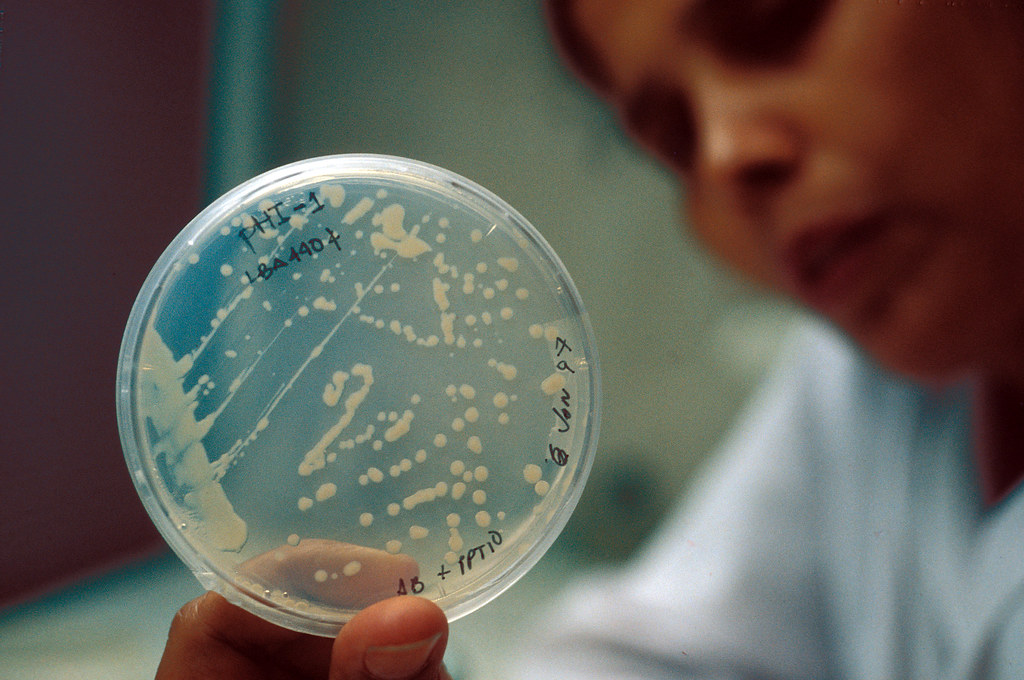
Ohmmmm. You can just feel the good vibes flowing through your gut, right? You’re extracting every single nutrient from the food you’ve eaten, digestion is chugging along at a steady pace, everything is going just right…
Except when it isn’t.
Belly bloating, constipation, diarrhea, flatulence, burping. Yikes. What is happening in there?
Let’s take a look at your gut microbiome, the natural and normal bacteria, fungi, and yeast in your digestive tract which help you break down your food and absorb its nutrients. Sometimes the gut microbiome gets out of whack. Small intestinal bacteria overgrowth, known as SIBO in the gastroenterology world, is exactly that.
Current research hypothesizes that the imbalance among the bacteria in your gut occurs when food is moving too slowly through the digestive tract. This allows bacteria that should be moving to stall in the small intestine and multiply there, which then results in too many of some types of bacteria and too few of other types.
Here are some things which increase your risk of developing SIBO:
- Certain medications which slow digestion. Examples include opioids used for pain relief or some of the medications used for irritable bowel syndrome.
- Overuse of antibiotics. While antibiotics for a known bacterial infection are an important part of treatment, they can kill both the bacteria causing the infection and the bacteria that are supposed to be in your gut. This disrupts the balance of bacteria in your entire digestive system. Thus, it is important to avoid taking antibiotics for viral illnesses such as common colds and the flu (antibiotics only kill bacteria, not viruses), and instead only take them if necessary and under the advice of your doctor.
- Use of certain medications for acid reflux. Acid reflux medications decrease the amount of acid in your stomach, which helps your indigestion and heartburn. However, your stomach is designed to produce acid to break down the food you eat. Once this occurs, the food and stomach juices pass into the small intestine, which is designed to withstand a certain amount of acidity. The bacteria in your gut are similarly able to withstand that same amount of acidity. If the acidity is changed, some bacteria may start to grow more in your small intestine.
- Older age. SIBO seems to occur more often in older adults.
- Anatomical changes to the GI tract. This can occur as a result of surgery (for example, bariatric surgery), as a result of disease (such as Crohn’s disease), scar tissue from previous abdominal surgeries, or abnormalities you’ve had since birth. These act to slow down the normal flow of digestion.
- Other diseases. SIBO is more common in people who have a suppressed immune system, such as cancer patients, people with autoimmune conditions such as lupus, or people with HIV. This is because the immune system may not be able to maintain the proper balance of bacteria in the gut. Diabetes can also increase your chance of SIBO, as it can cause slowing of the digestive tract.
It’s important to note that many different disease processes can cause similar symptoms, so you shouldn’t assume you have small intestinal bacterial overgrowth based on your symptoms alone. A diagnosis of SIBO requires a trip to the doctor for testing and examination.
Treatment can include antibiotics to help rebalance your gut. You can also make some dietary changes to help your gut rebalance itself, such as cutting out sugary foods and drinks or eating foods high in probiotics and prebiotics. Your doctor will talk with you about treatment options and you will decide together what is best for you based on your symptoms and the results of your testing.
After treatment, your gut will hopefully be humming ohm again in no time!

Share This